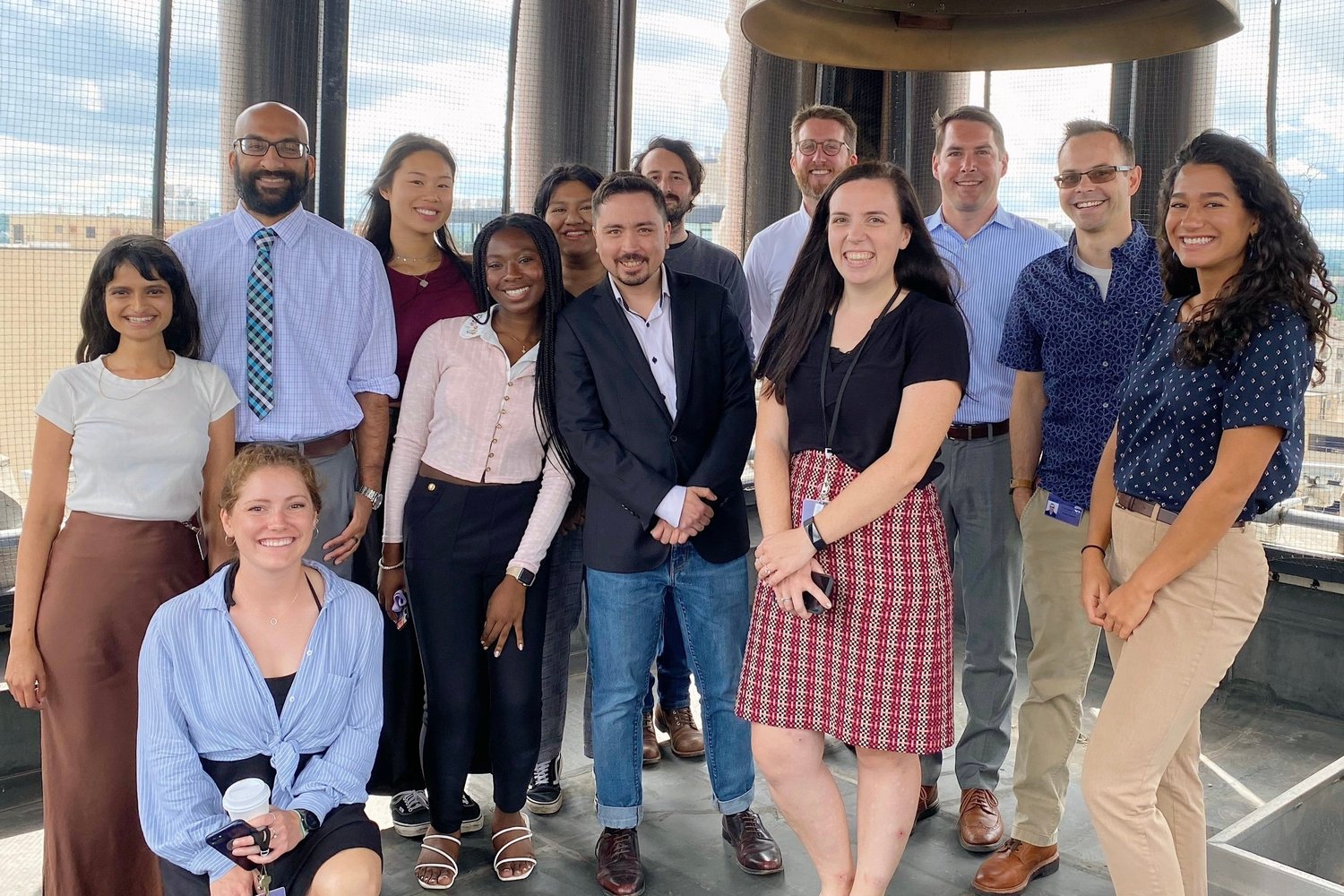
Newsroom
Press Contact
Maria Daniels
Senior Director of Communications
maria_daniels@harvard.edu
(617) 495-2419
What we're up to


From Data-Smart City Solutions: Expanding Discretion and Accountability in the Context of AI

New Research Series from the Bloomberg Harvard City Leadership Initiative Aims to Help Government Solve Problems More Effectively
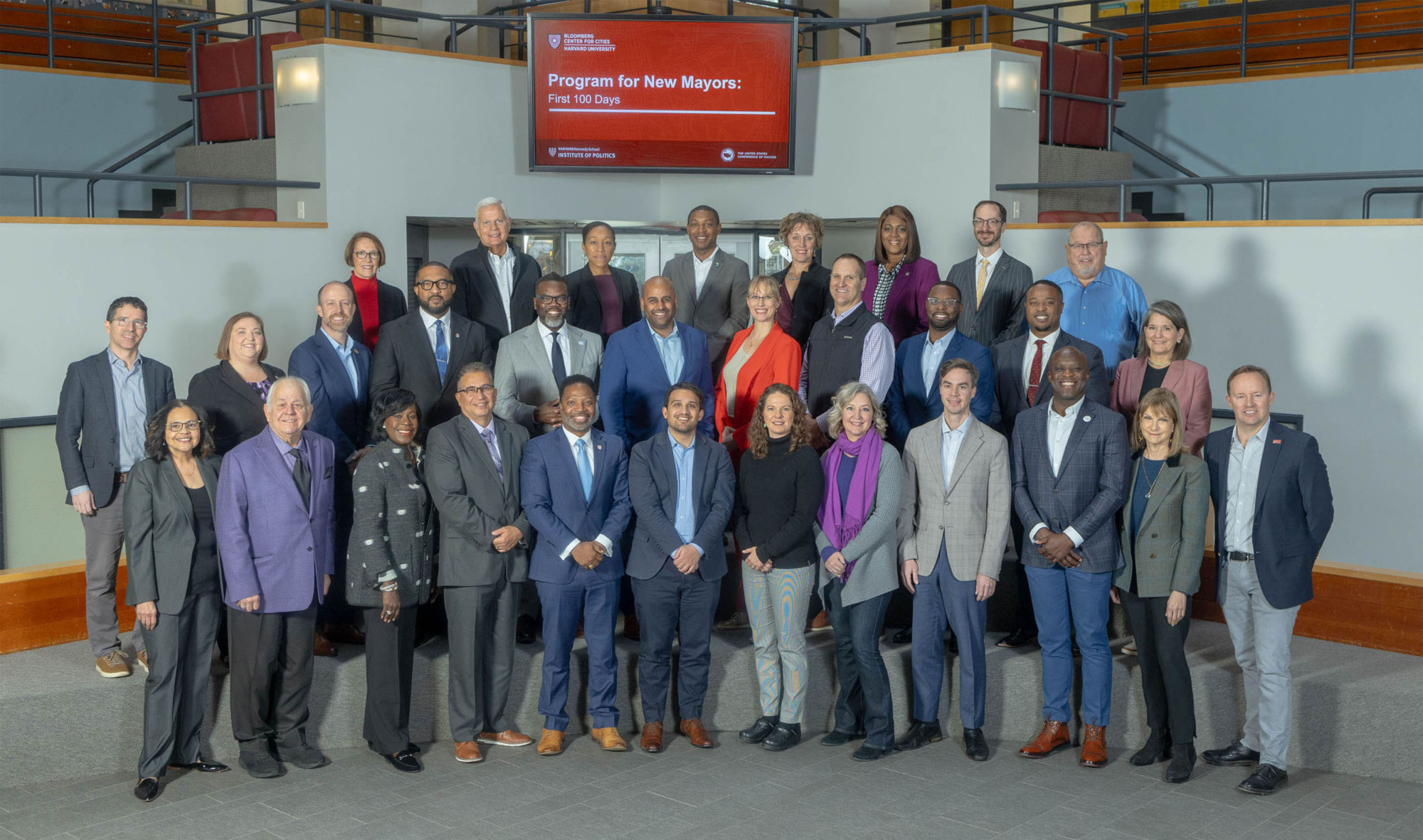
27 Newly-Elected Mayors Begin Program for New Mayors: First 100 Days
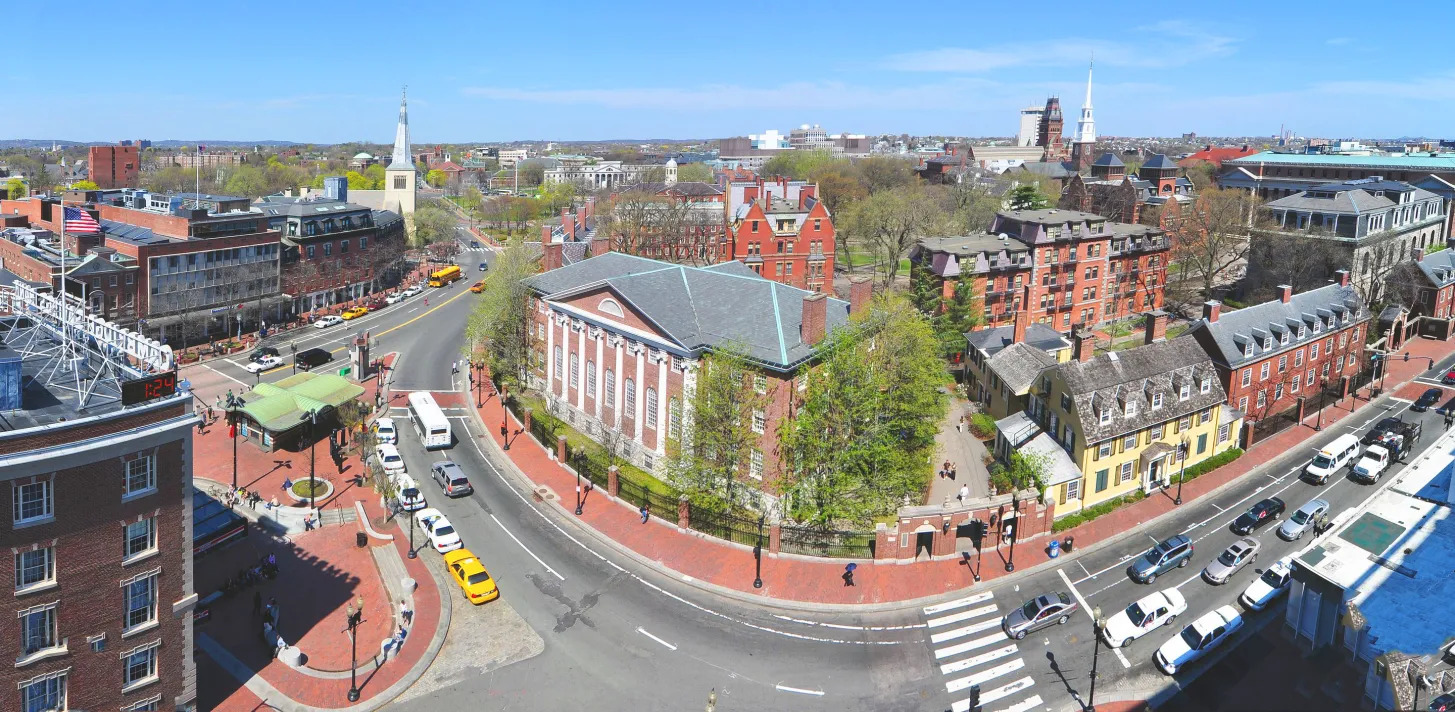
Meet the 52 Faculty Named as Affiliates of the Bloomberg Center for Cities at Harvard University
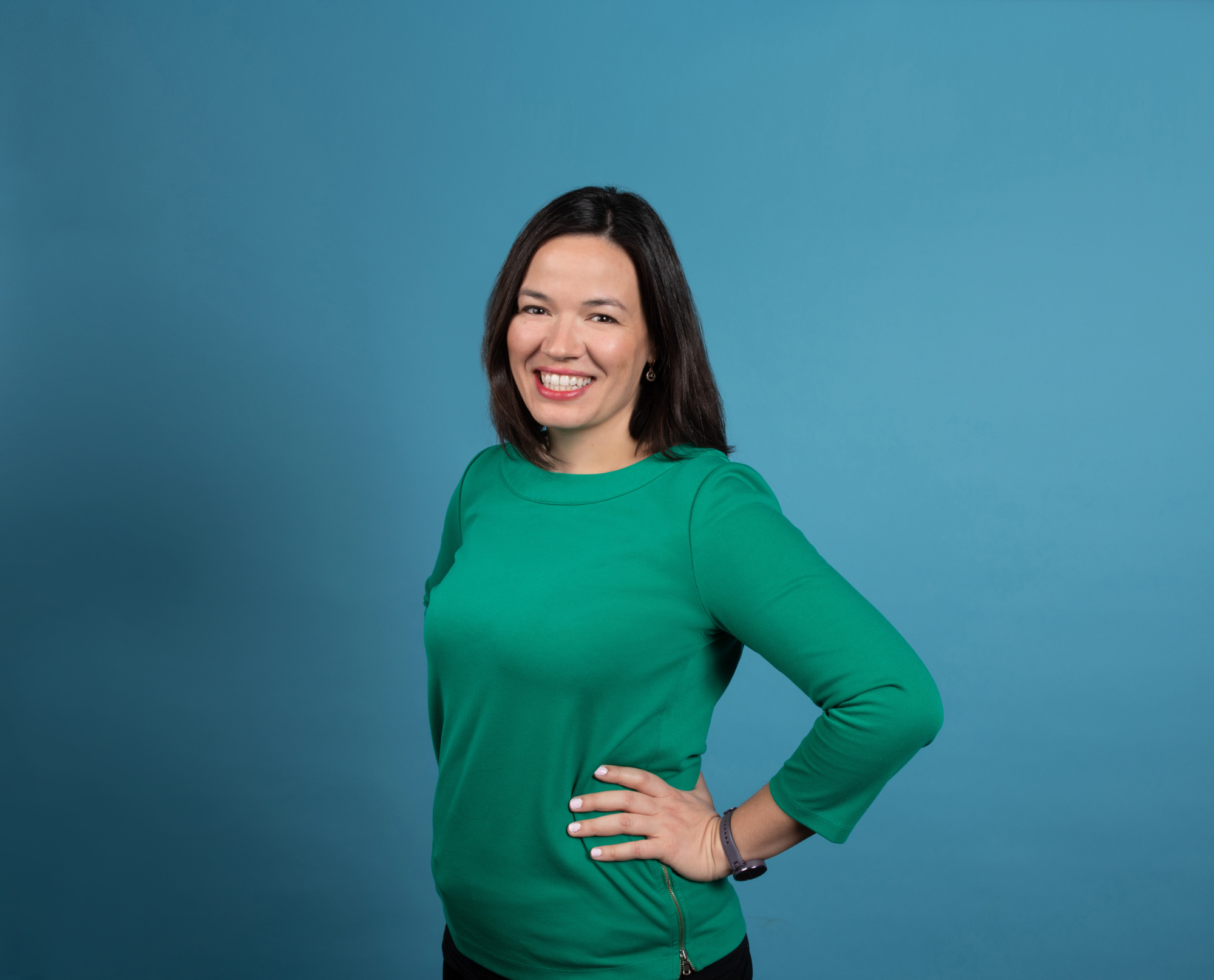
Prof. Elizabeth Linos Wins Kershaw Award for Work on Ways to Improve Governance
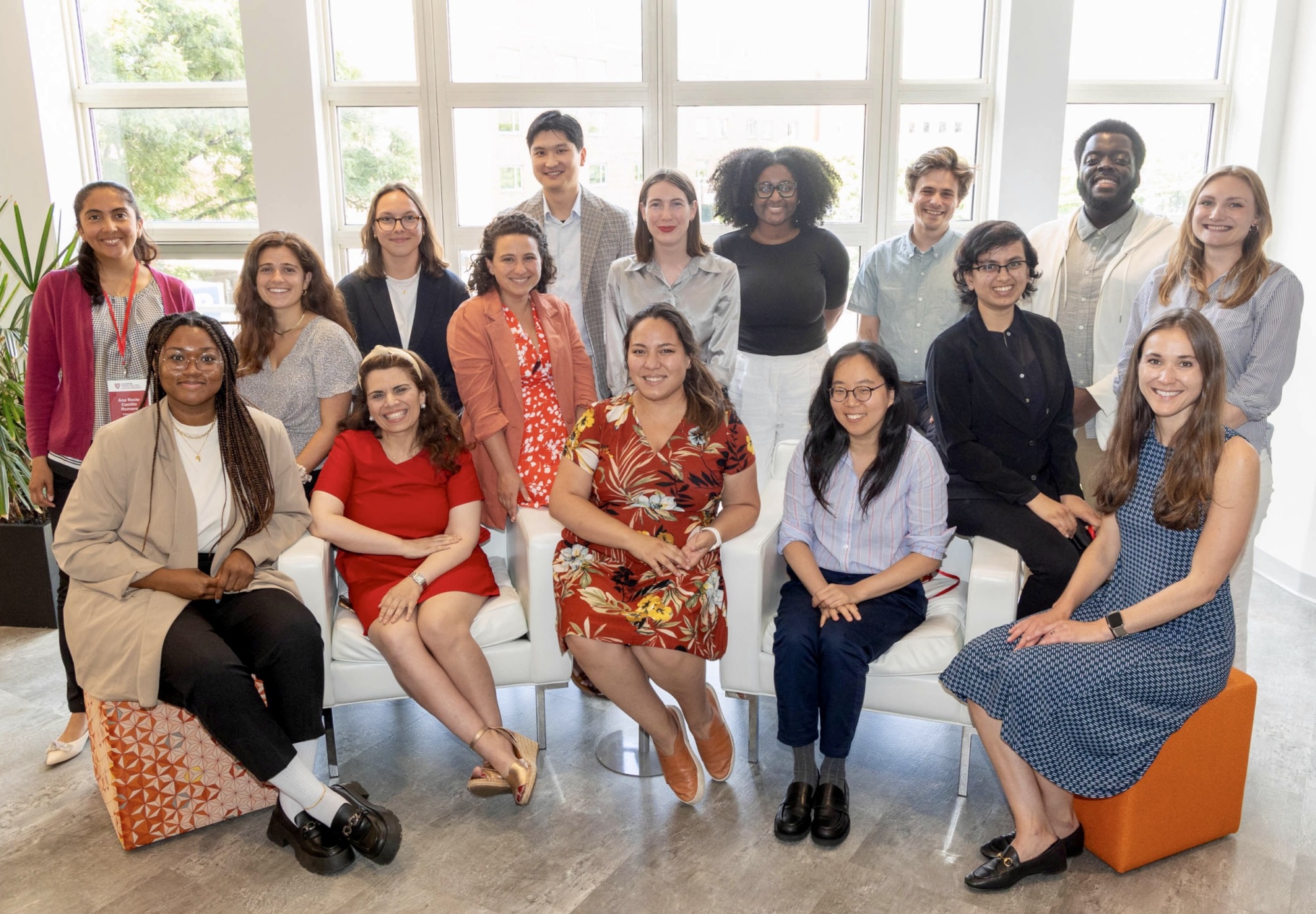
Sixteen Harvard Graduates Named to Second Cohort of Bloomberg Harvard City Hall Fellows
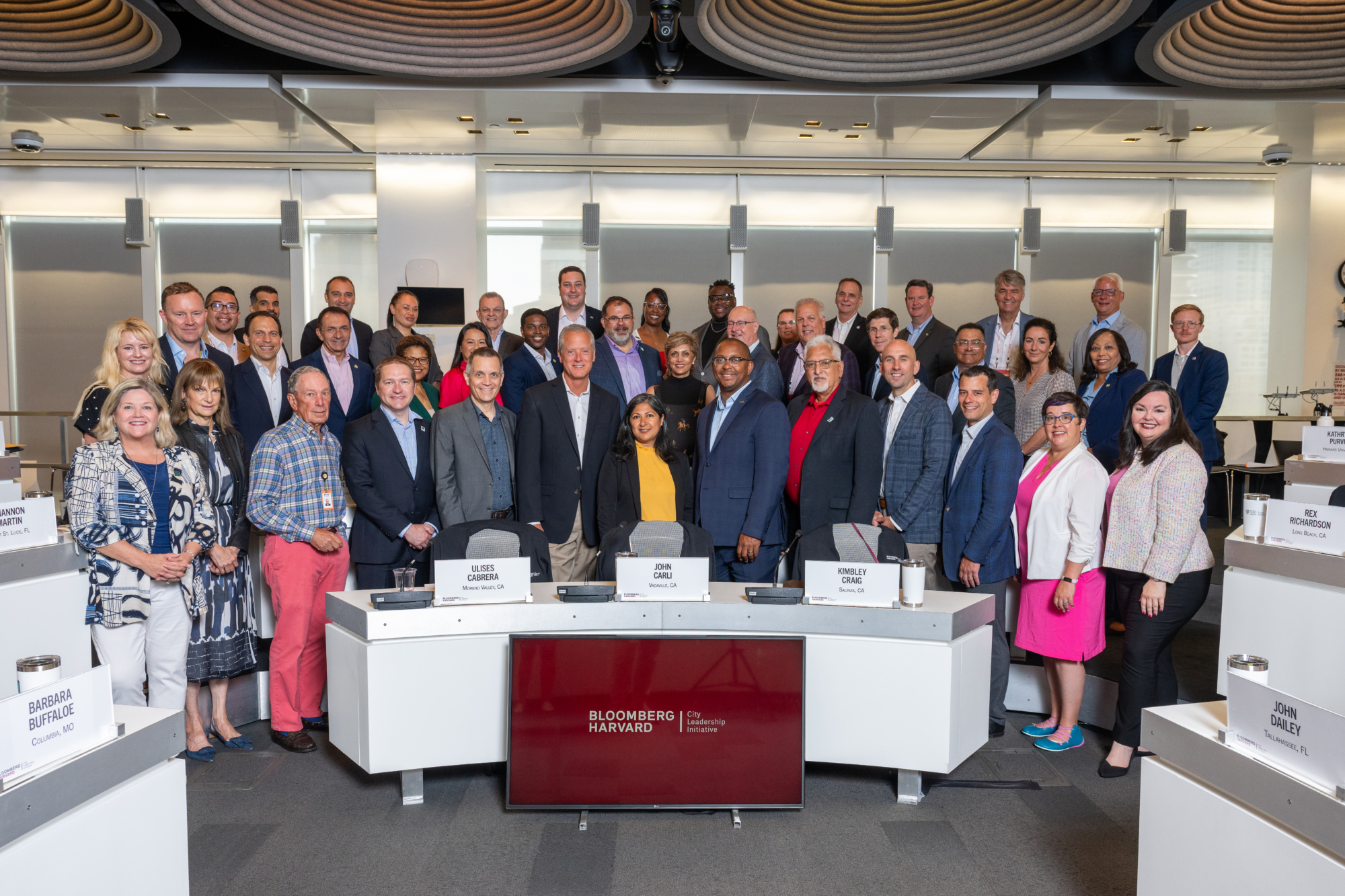
Bloomberg Harvard City Leadership Initiative Announces Seventh Class of Mayors

Bloomberg Harvard City Leadership Initiative: New Research on Collaboration in Cities
1 Results

How a Former Bloomberg Harvard City Leadership Initiative Summer Fellow Is Creating Better Access to Data in Syracuse

From Data-Smart City Solutions: Expanding Discretion and Accountability in the Context of AI

New Research Series from the Bloomberg Harvard City Leadership Initiative Aims to Help Government Solve Problems More Effectively

27 Newly-Elected Mayors Begin Program for New Mayors: First 100 Days

Meet the 52 Faculty Named as Affiliates of the Bloomberg Center for Cities at Harvard University

New Paper from Data-Smart City Solutions: Mexico City Digital Agency for Public Innovation

Prof. Elizabeth Linos Wins Kershaw Award for Work on Ways to Improve Governance

Sixteen Harvard Graduates Named to Second Cohort of Bloomberg Harvard City Hall Fellows

Bloomberg Harvard City Leadership Initiative Announces Seventh Class of Mayors



